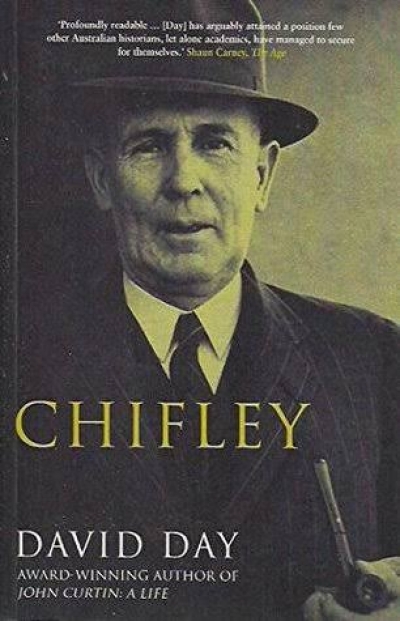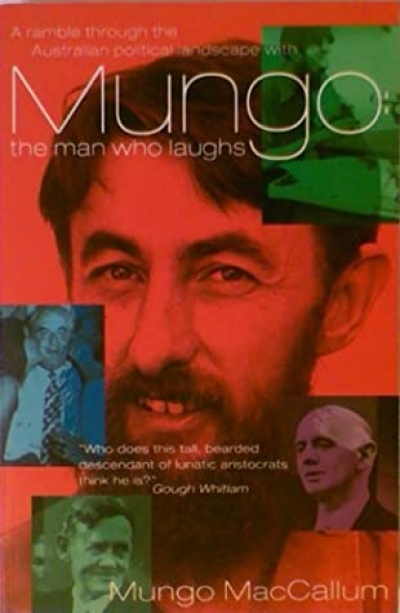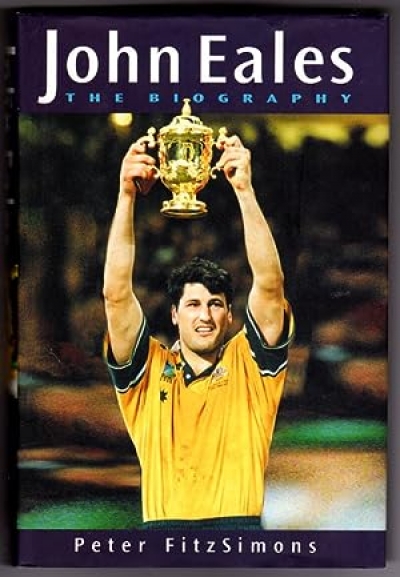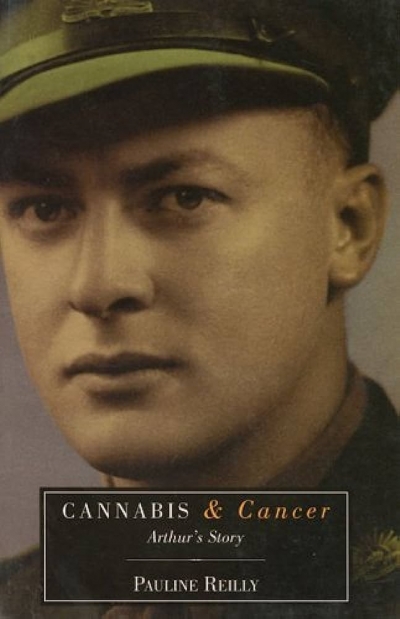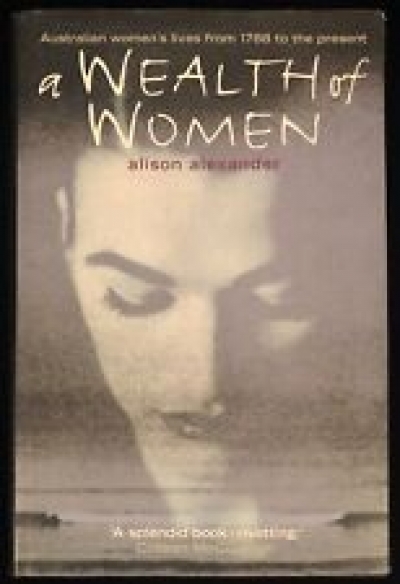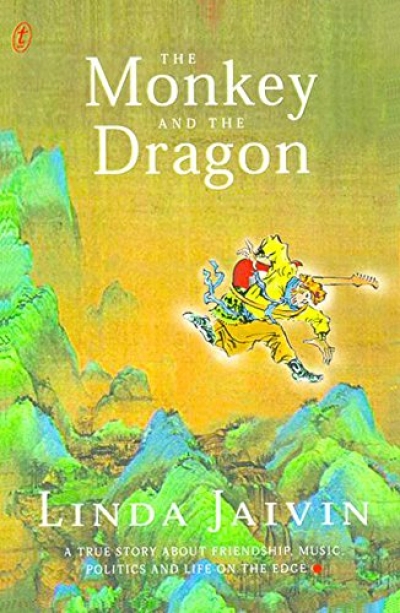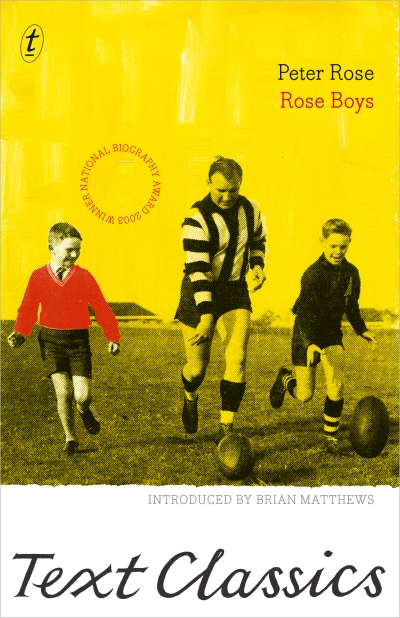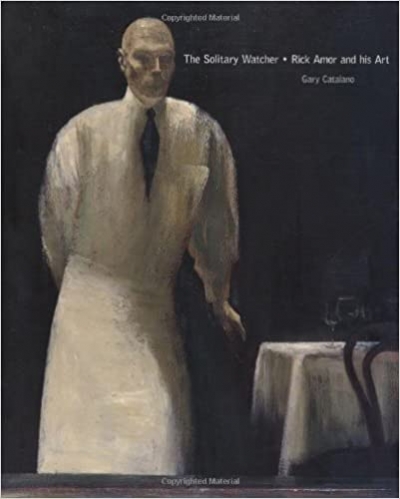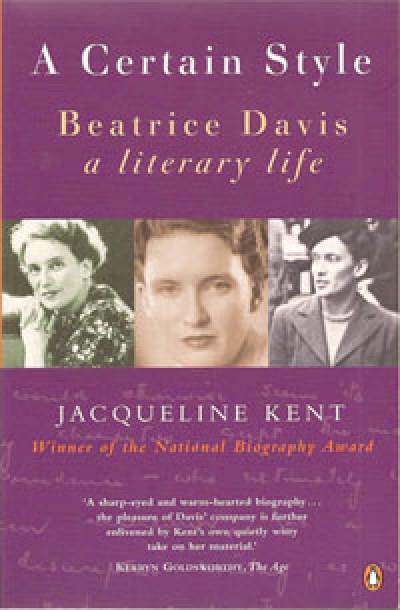Biography
Cannabis and Cancer: Arthur’s Story by Pauline Reilly
by Michael McGirr •
A Wealth of Women by Alison Alexander & Eating the Underworld by Doris Brett
by Joy Hooton •
The Monkey and the Dragon: A True Story about Friendship, Music, Politics and Life on the Edge by Linda Jaivin
by Alison Broinowski •
The Solitary Watcher: Rick Amor and his art by Gary Catalano
by Bernard Smith •
A Certain Style: Beatrice Davis: A Literary Life by Jacqueline Kent
by Peter Rose •
‘AT NIGHT,’ wrote Charmian Clift one summer in the late 1950s on the Greek island of Hydra where she lived with her husband and children, where the harbour village had been invaded by summer tourists, where teams of local Greek matrons invaded the kitchen in relays to monitor the foreign woman’s housework and mothering techniques ...
... (read more)
